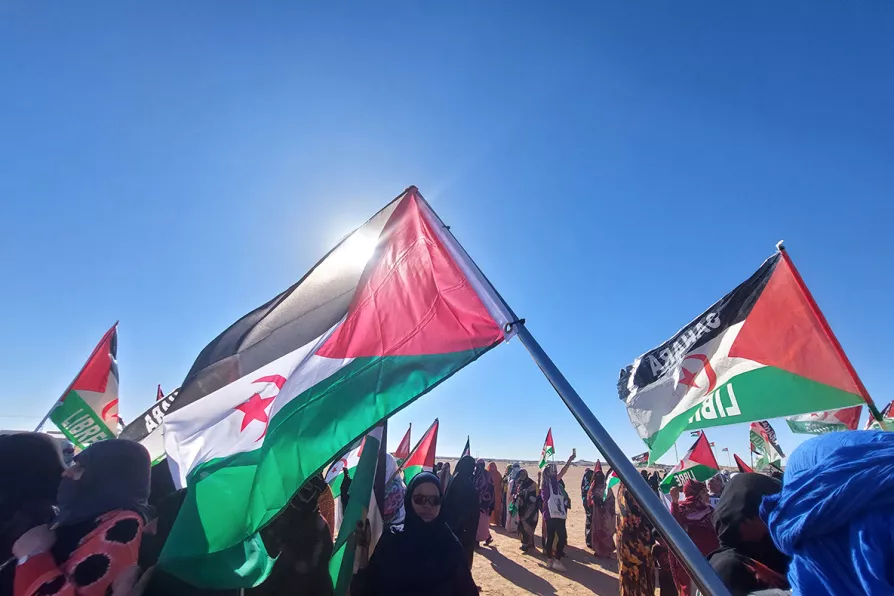The PM says Mandelson 'betrayed our values' – but ministers and advisers flock to line their pockets with corporate cash, says SOLOMON HUGHES


“WE ONLY wish to have the right to exist, to decide our future and to return to our country to live freely without fear.”
These words have been ringing in my ears ever since I heard them uttered by Fatimetu Malainin, a Saharawi woman who was born in refugee camps in south-west Algeria where she has grown up. Now 27 years old, she is married with a second child on the way and teaches music to children in an after-school programme in Boujdour camp, where she also lives. The camp is one of five that currently house nearly 200,000 Saharawi refugees.
This year, along with tens of thousands of other Saharawi women, Fatimetu will once again be celebrating International Women’s Day on March 8 in the harsh desert camps of her exile. For some of the women, it will be their 49th year. Despite all the time that has passed, they still hold on to the hope of achieving justice and peace and returning to their homeland.

We must remember Morocco’s land grab of the Sahrawi people’s territory continues with French and British support, writes BERT SCHOUWENBURG, looking into the origins of the annexation













